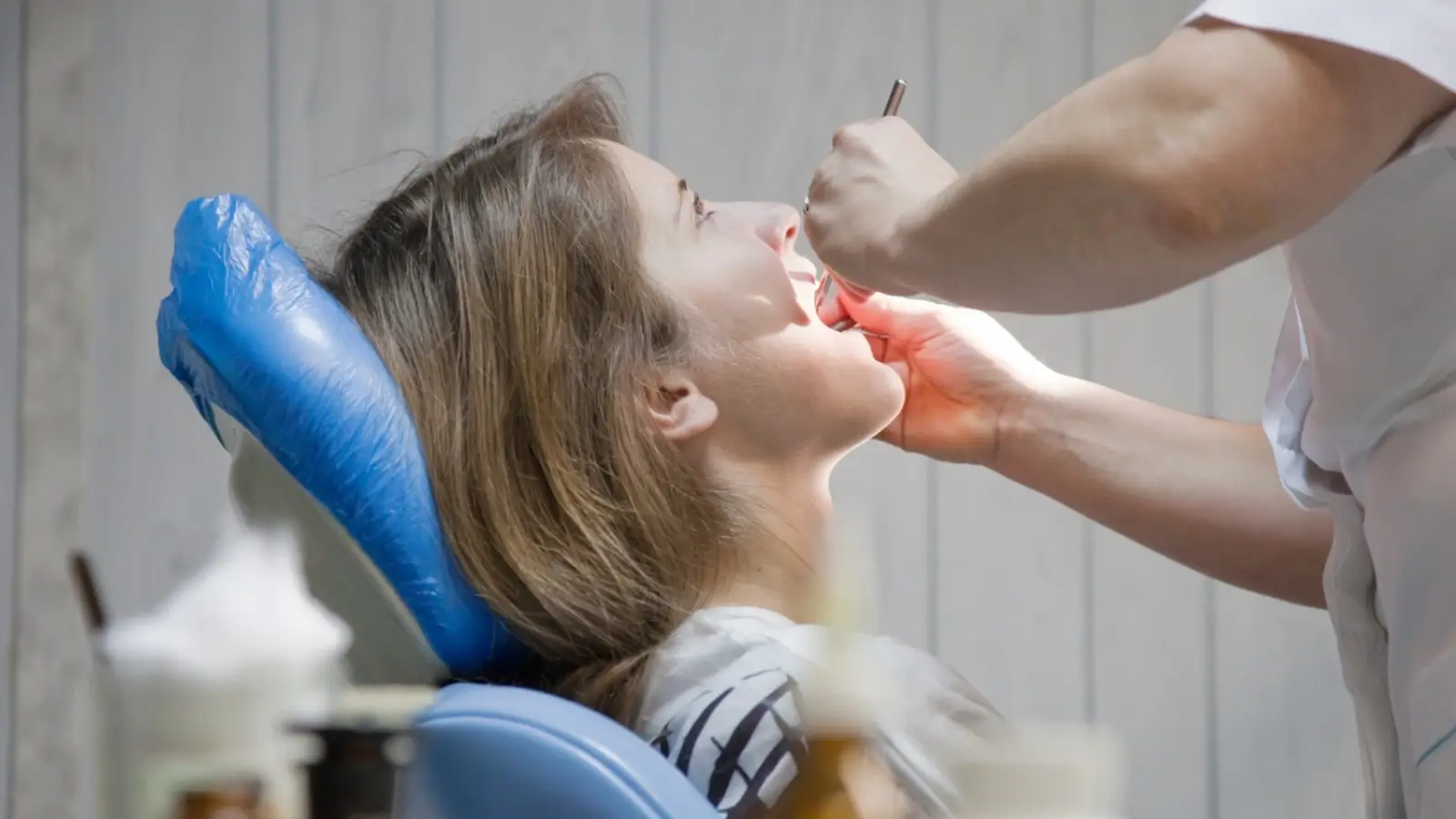


Biological dentistry, also known as holistic or biocompatible dentistry, is an approach to oral health that looks at the mouth as part of a larger, interconnected system. Rather than focusing solely on teeth and gums, biological dentistry recognizes that oral health has a profound effect on overall wellness. The mouth serves as a gateway to the rest of the body, and what happens there can influence other organs and systems. This approach emphasizes using safe, non-toxic materials and methods that support the body’s natural ability to heal, ensuring harmony between dental treatments and overall health.
Traditional dentistry focuses primarily on diagnosing and treating dental problems such as cavities, gum disease, and misalignment. While effective in managing symptoms, it often overlooks underlying causes and their broader health implications. Biological dentistry takes a more integrative approach by exploring how oral issues relate to diet, lifestyle, environment, and systemic conditions. This perspective allows practitioners to address not only the immediate dental concern but also its root cause, promoting lasting health and balance.
A key tenet of biological dentistry is the avoidance of harmful or toxic substances in dental care. Traditional dental practices have long relied on materials such as mercury amalgam fillings, valued for their durability but known to contain mercury—a potent neurotoxin. Mercury exposure has been linked to neurological, immune, and kidney problems, making it a controversial material in modern dentistry. Biological dentists eliminate mercury use altogether and instead employ biocompatible materials such as composite resins, porcelain, and ceramic. These options are not only safer for the body but also more aesthetically appealing, blending naturally with the patient’s teeth.
Another area where biological dentistry diverges from traditional methods is in the treatment of root canals. Some biological dentists believe that root canal-treated teeth may harbor bacteria and toxins that can trigger chronic inflammation or systemic illness. As an alternative, they may recommend removing the infected tooth and replacing it with a biocompatible implant or bridge. This decision is made carefully, based on each patient’s overall health, immune function, and personal preferences. The focus is always on treatments that support long-term well-being, not just short-term symptom relief.
Biological dentistry is deeply rooted in the concept that oral health and overall health are inseparable. Research has shown that poor oral hygiene and gum disease are linked to serious health conditions such as cardiovascular disease, diabetes, respiratory infections, and pregnancy complications. Periodontal inflammation allows bacteria and toxins to enter the bloodstream, where they can affect distant organs. Biological dentists recognize this connection and work to prevent and treat oral disease in ways that reduce systemic inflammation and improve total-body wellness.
Prevention lies at the heart of biological dentistry. Practitioners focus on early detection, patient education, and lifestyle changes that support lasting health. This may include guidance on proper brushing and flossing techniques, nutritional counseling, and stress management strategies. Many biological dentists collaborate with other healthcare professionals—such as naturopaths, nutritionists, and chiropractors—to create comprehensive care plans. This interdisciplinary approach helps patients address underlying factors such as poor nutrition, heavy metal toxicity, and hormonal imbalances that may be contributing to their dental issues.
Just as the gut has its own ecosystem of bacteria, so does the mouth. The oral microbiome is a complex community of microorganisms that play crucial roles in digestion, immune defense, and inflammation control. Disruption of this delicate balance can lead to cavities, gum disease, and even systemic inflammation. Biological dentists use treatments that preserve beneficial bacteria rather than destroy them. They avoid harsh chemicals, alcohol-based mouthwashes, and overly abrasive products, opting instead for gentle, natural formulations that maintain microbial harmony.
Biological dentistry embraces modern diagnostic tools while maintaining a commitment to safety and low radiation exposure. Digital X-rays, cone beam 3D imaging, and thermography are often used to identify structural and functional issues in the mouth. Saliva testing can help detect bacterial imbalances, inflammation, or heavy metal exposure. These tools enable a more comprehensive understanding of each patient’s unique biology and help practitioners tailor individualized treatment plans that address the root cause of dental problems.
In addition to conventional methods, biological dentistry integrates natural and minimally invasive therapies that encourage the body’s healing mechanisms. Ozone therapy, for example, uses medical-grade ozone gas to disinfect cavities, treat gum infections, and promote tissue regeneration. It enhances oxygen delivery to cells, boosts immune function, and accelerates healing without the side effects of traditional antiseptics. Laser dentistry is another gentle yet effective treatment option that reduces pain, bleeding, and recovery time. These innovations reflect biological dentistry’s commitment to healing through natural, body-compatible methods.
Diet plays an essential role in maintaining healthy teeth and gums. Biological dentistry emphasizes proper nutrition as a foundation for oral wellness. A diet rich in vitamins and minerals strengthens enamel, supports gum tissue, and prevents decay. Nutrients such as calcium, magnesium, phosphorus, and vitamins A, C, D, and K2 are particularly vital. Biological dentists often guide patients toward whole, unprocessed foods, emphasizing the importance of hydration, fiber, and natural fats. They also educate patients on the damaging effects of processed sugars and acidic beverages, which can erode enamel and feed harmful bacteria.
Biological dentistry recognizes that emotional and psychological factors can significantly impact oral health. Stress and anxiety can lead to teeth grinding, jaw tension, and weakened immunity, all of which contribute to dental problems. Many biological dental practices incorporate relaxation techniques, aromatherapy, or calming environments to ease anxiety and promote a positive experience. By fostering a sense of trust and mindfulness, patients feel empowered to participate actively in their health journey. This holistic approach ensures that dental care supports not just physical wellness but emotional balance as well.
An often-overlooked aspect of biological dentistry is its commitment to environmental sustainability. Biological dental offices frequently use eco-friendly building materials, energy-efficient lighting, and mercury-free practices. They prioritize safe waste disposal, non-toxic sterilization methods, and the reduction of plastic waste. This environmentally conscious approach aligns with the philosophy that human health is deeply connected to the health of the planet. By choosing biological dentistry, patients support not only their personal wellness but also the well-being of the environment.
Selecting a qualified biological dentist requires careful consideration. Patients should look for practitioners affiliated with reputable organizations such as the International Academy of Oral Medicine and Toxicology (IAOMT) or the International Academy of Biological Dentistry and Medicine (IABDM). These associations uphold high standards for biocompatible and evidence-based dental care. During an initial consultation, a biological dentist typically conducts an in-depth review of the patient's medical and dental history, assesses their current health status, and discusses lifestyle factors that may impact oral health. The resulting treatment plan is personalized, comprehensive, and focused on long-term wellness.
Biological dentistry represents a forward-thinking evolution in oral health care. By combining science, nature, and technology, it bridges the gap between traditional dentistry and holistic medicine. Its focus on prevention, patient education, and natural healing empowers individuals to take control of their health in ways that extend far beyond the dental chair. This integrative philosophy is gaining recognition worldwide as patients become increasingly aware of the impact that oral health has on their overall well-being.
In essence, biological dentistry offers a holistic path toward total wellness by acknowledging the intricate connection between the mouth, body, and environment. By emphasizing safe materials, gentle techniques, and preventive care, it provides patients with a comprehensive alternative to conventional dentistry. For anyone seeking a dental experience that supports both oral and overall health, biological dentistry presents a balanced, natural, and sustainable approach. It reminds us that true health begins with mindful choices—each one contributing to the harmony of the body and the vitality of life.